
Acute Kidney Injury
Part of NephTimes
Advertisement
Using serum cystatin C as a biomarker for AKI could prove to be a valuable addition to diagnostic protocols, a study reports.
Drs. Peter Richardson and George Wan of Mallinckrodt Pharmaceuticals discussed new data on terlipressin for HRS-AKI.
Ajay Singh talks dialytrauma—harmful effects of dialysis in patients with AKI moving from inpatient to outpatient care.
A study assessed whether proton pump inhibitor use accelerated CKD progression and acute kidney injury risk.
A study examined whether treatment of in-hospital BP elevations increases the risk of AKI and other adverse outcomes.
Joel Topf spoke with Kathleen Liu about acute kidney injury and other topics ahead of her Massry lecture at SCM25.
Do changes in UPCR during severe AKI episodes affect how serum creatinine levels change at the time of sample collection?
The American Society of Nephrology published guidance for outpatient management of patients with dialysis-requiring AKI.
A study examined optimal thresholds for defining and staging AKI in neonates and young children compared with KDIGO criteria.
Researchers studied variation in AKI incidence with IV antihypertensive treatment after severe hypertension.
Researchers studied the associations among patient characteristics, CKRT prescription, and survival in pediatric patients.
A study assessed acute kidney injury risk with PPI use in patients with cancer who received immune checkpoint inhibitors.
A trial studied the efficacy of extracorporeal blood purification in reducing cardiac surgery-associated acute kidney injury.
Researchers studied risk of postoperative AKI with perioperative hypotension- versus hypertension-avoidance strategies.
A study examined the associations of systolic blood pressure with mortality and hospital readmission post-AKI.
A partnership will put penKid assays in more labs for timely and precise kidney health assessment in critical care settings.
Researchers studied predictors of acute kidney injury (AKI) and mortality in a population of US veterans with COVID-19.
The JuxtaFlow RAD has shown potential to protect patients from AKI after cardiac surgery with cardiopulmonary bypass.
Patients who experienced an acute kidney injury had a greater risk of being diagnosed with dementia after the AKI incident.
Little research has focused on risk factors for and clinical outcomes of AKI in patients with SFTS.
Advertisement

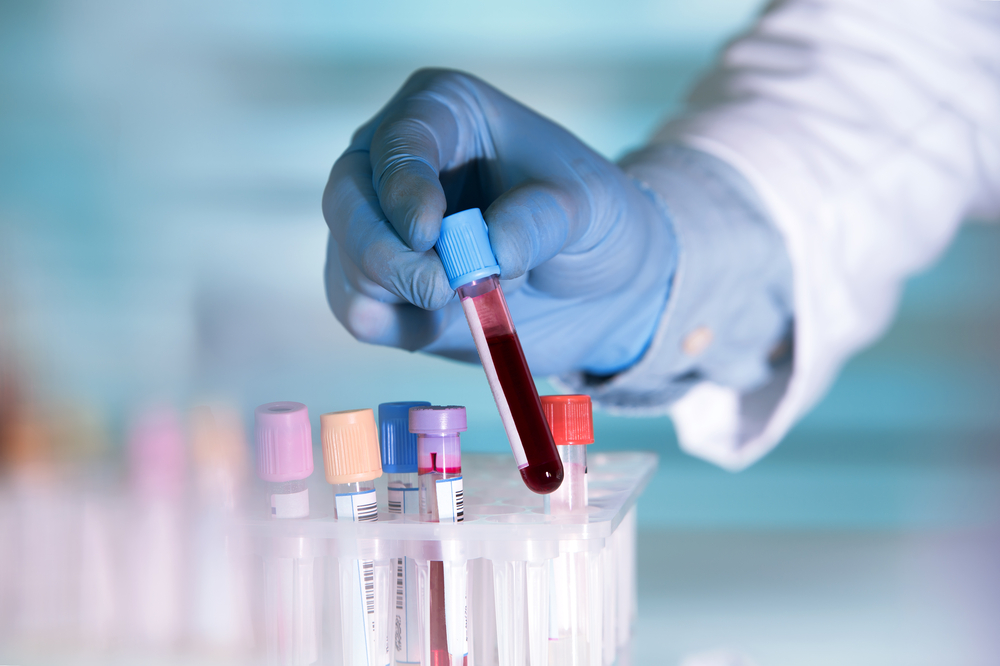

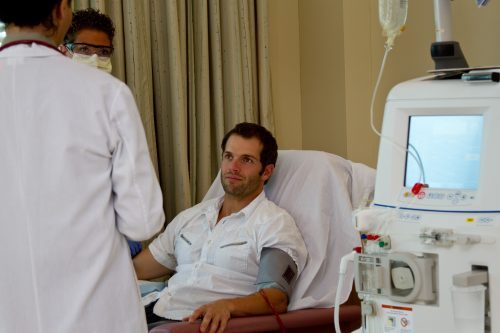

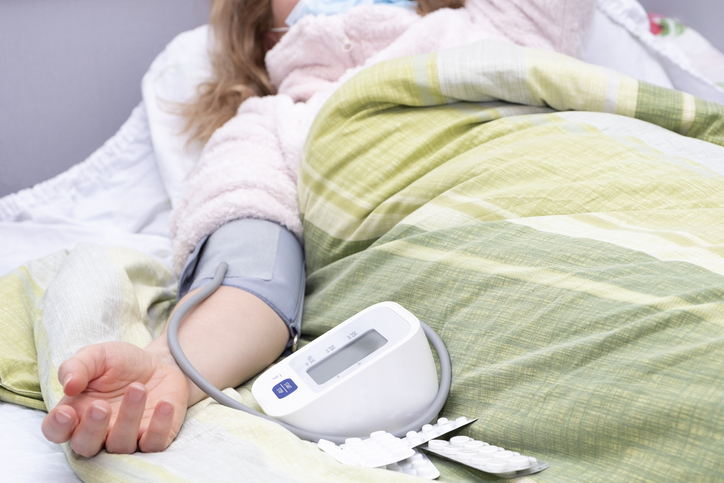

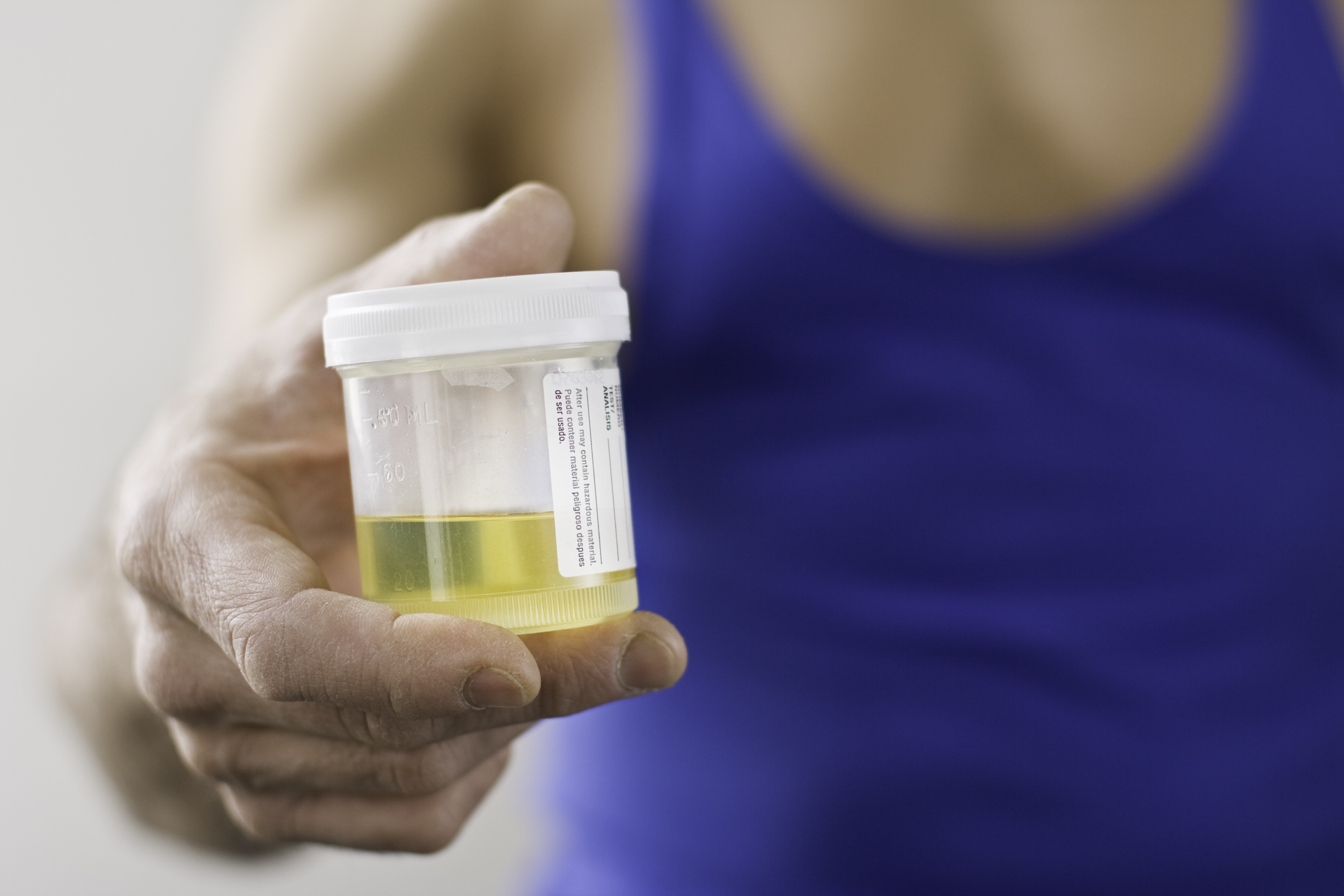
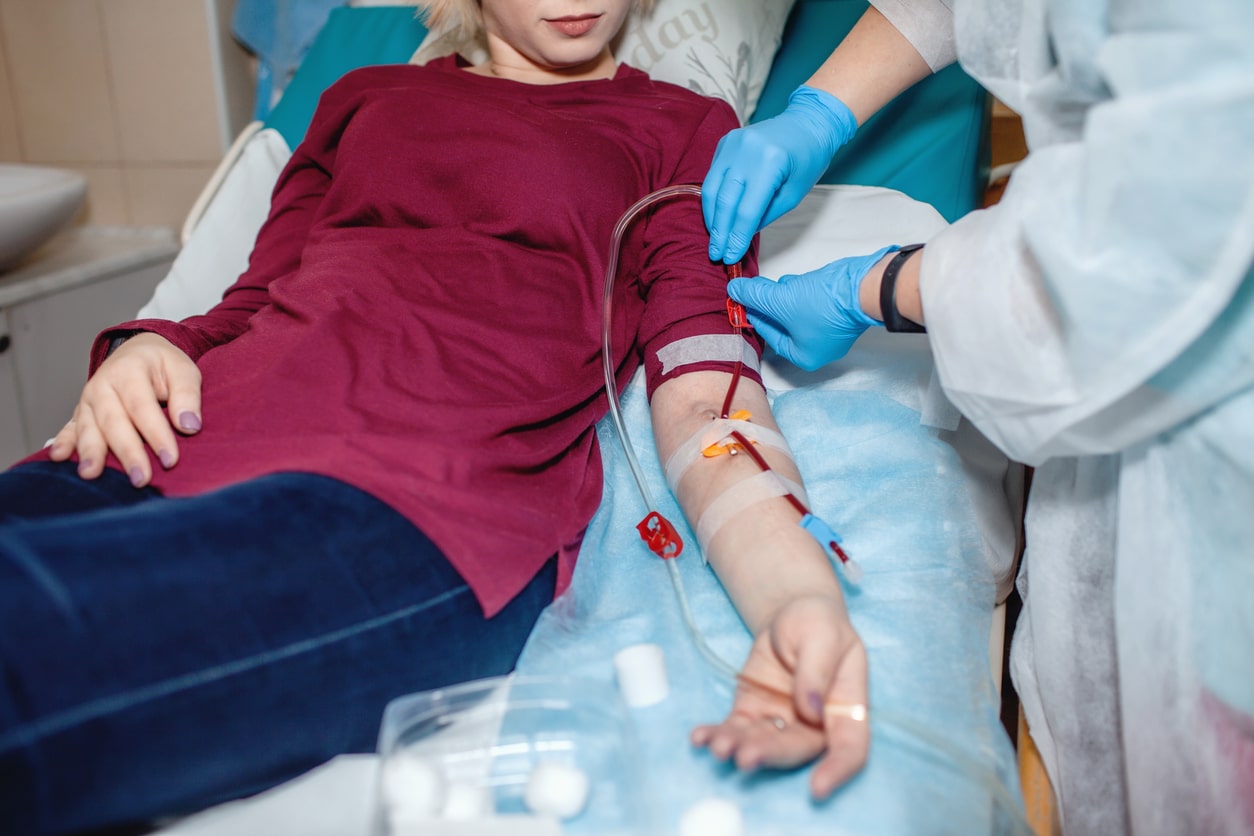






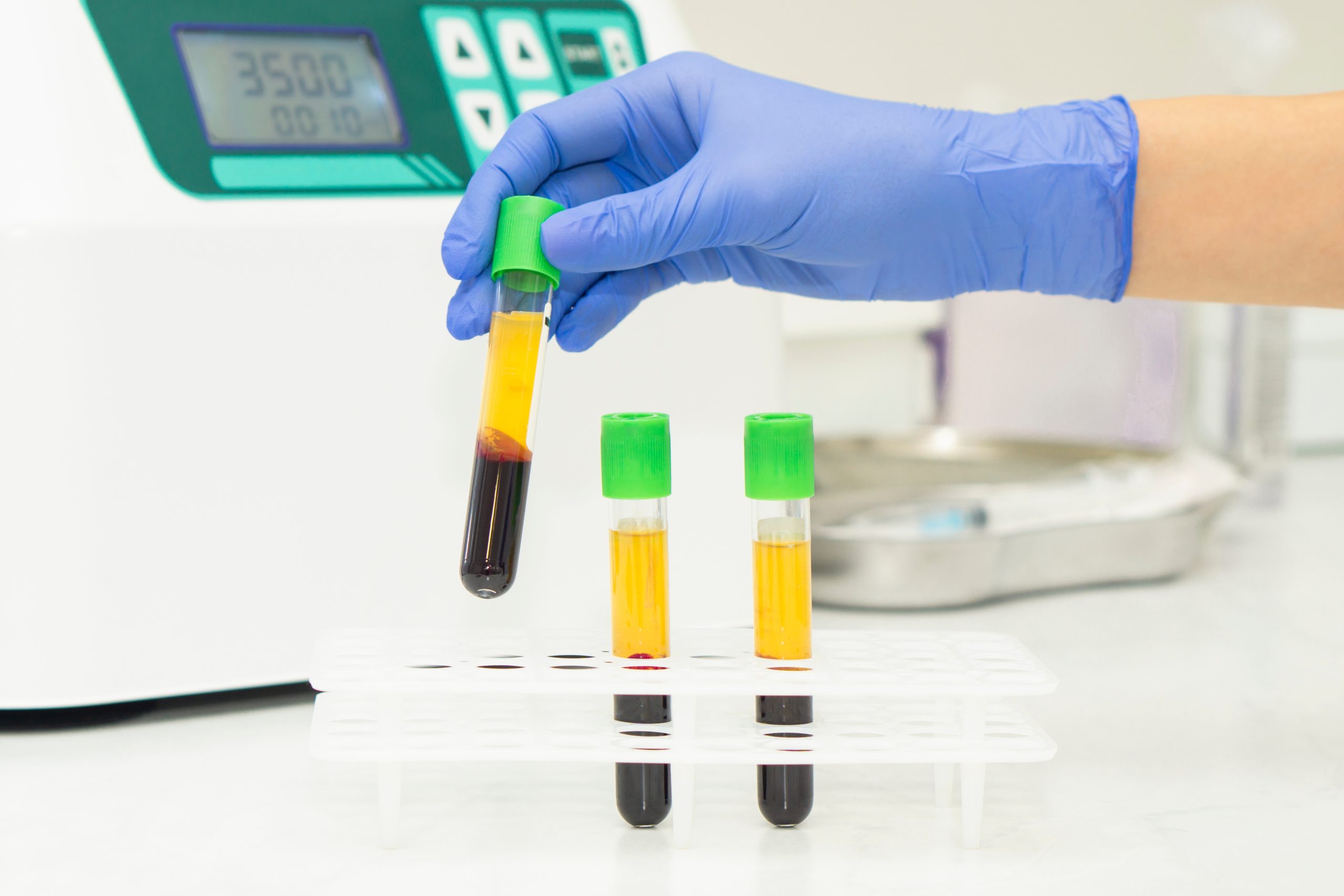


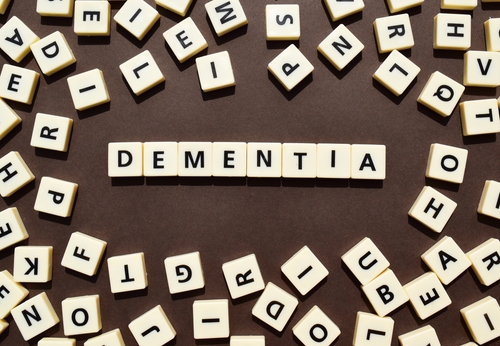


 © 2025 Mashup Media, LLC, a Formedics Property. All Rights Reserved.
© 2025 Mashup Media, LLC, a Formedics Property. All Rights Reserved.